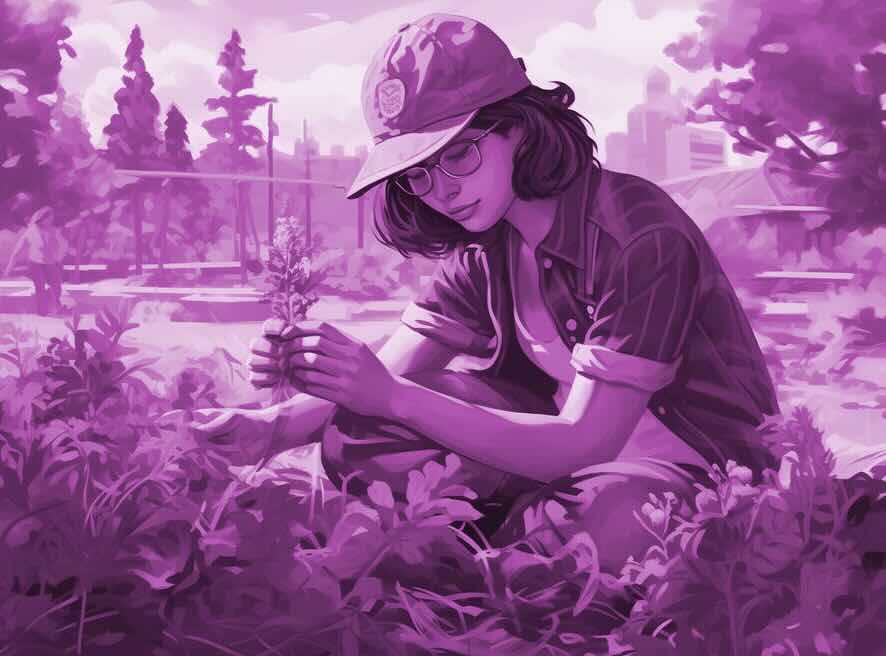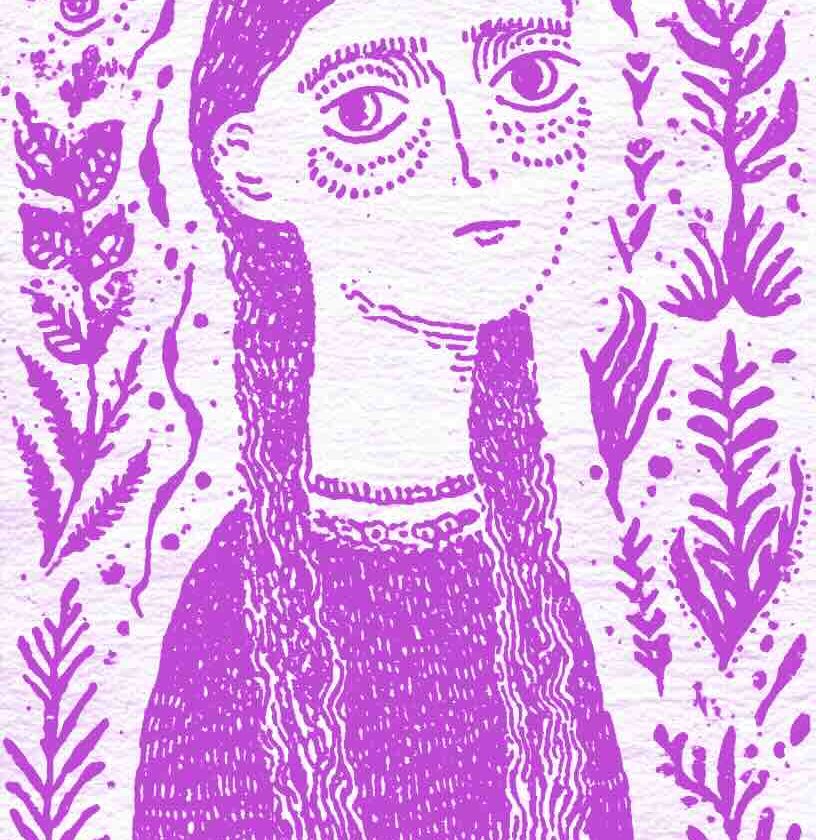Most women are simple, no matter what you may hear here and there on the subject. Once a relationship has been established, what makes the difference is how well you take care of it.
The Allegory Of The Flower
A seed that you plant and that starts to germinate is the equivalent of the first contact (earth plus seed) and the attraction that can result (germination). Often, no one is responsible for the germination process. Either the seed is not adapted to the soil, or the soil is not adapted to the seed. Man’s responsibility is to provide water, i.e. the regular efforts he invests to ensure that the plant takes shape. Of course, not everything is in his hands: the sun that corresponds to the environment eludes him. A family-in-law or a cultural environment that is too different can prevent the seed from germinating. Depending on whether the sun is lacking or in excess, it can cause friction. Friction damages the plant. Of course, we can’t live without friction, but if it’s too great, it will eventually break the plant and, by analogy, put an end to the relationship.
The Sun Or The Environment
Inadequate sunlight is what we call friction. There are many forms of friction. They are often political, religious or financial. The beliefs we hold, shaped by those around us, can be difficult to overcome. If it’s impossible to live without frictions, they can be reduced by choosing the right person in the first place and/or by making an effort to show greater flexibility or empathy towards the other person.
Learning To Erase Friction
Friction can be deep-rooted, but it can also be superficial. For the relationship to work, each person needs to make a constant effort to change certain beliefs, otherwise the couple may find themselves at an impasse. The first problem that can lead to an impasse is the cultivation of dogmas, i.e. ideas that have been accepted as true without ever having been questioned. Of course, it’s important to hold certain absolute truths as dogmatic, for example that lying is bad and courage is good. On the other hand, having very specific, dogmatic beliefs is bad. For example, thinking that living in the city is absolutely better than living in the country, or that a man shouldn’t do housework. These beliefs need to be contextualized and can be harmful if they are inflexible. If we cultivate an ego and a feeling of superiority, it’s difficult to maintain healthy, peaceful relations with those who don’t share our identity.
Compromises You Shouldn’t Make
Some efforts are essentially futile. These are efforts to change deeply held values. In doing so, you’ll alienate yourself. In this case, it’s better to build a relationship with someone who shares them, because the goal of a couple is fulfillment, not alienation.
What Sabotages Plant Growth
What was written above is true for all types of relationship. What is particularly destructive is using the other person, no longer seeing them as an end in themselves, but as a means to an end. For example, we can use the other person for pride, pleasure or sustenance, without truly appreciating the other person for what he or she is. This is the very definition of alienation.
The Image Of The Final Tree
Finally, what’s also enormously important is the image of the final result you want to obtain, in a word, what kind of plant you want to have. So, of course, the final plant is already in the seed, you might say. Yes, and no. The seed is a potentiality. What it can optimally be is embedded in its genetic code. However, it’s only the conjunction of water, earth and sunlight that will determine whether or not it can fully express what it is. Earth has as much influence on the plant as water. If you’re starting a relationship, it’s important to have a clear picture of where you want to go, and to make sure your partner shares it.







